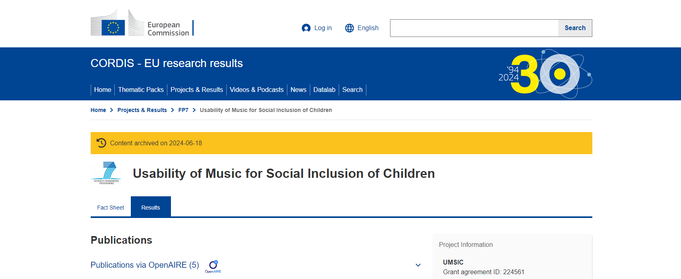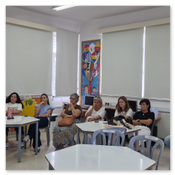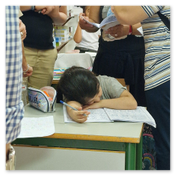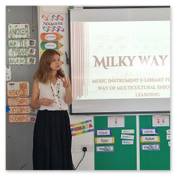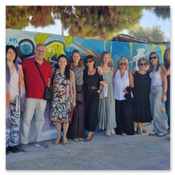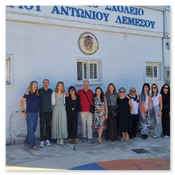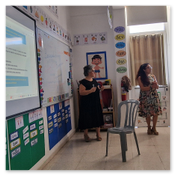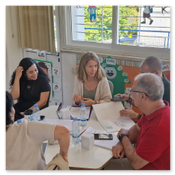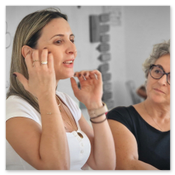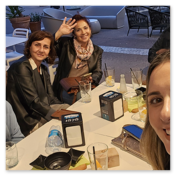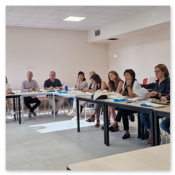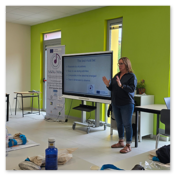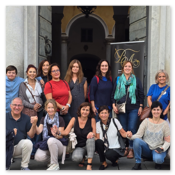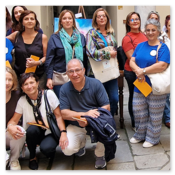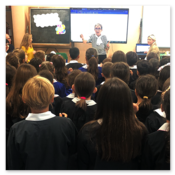NEWS
Teachers workshop in Limassol - Cyprus
8-9-10-11 October 2025
Thanks to our associated school, 18th Primary School of Limassol, Ayios Antonios, with Ms. Joanna Rodiki Pedriti, Principal of the school and the teachers Ms Zoi Maniori, Ms. Myria Iona together with Ms. Panagiota Antoniou, Ms. Erini Plousiou, Mr. Andreas Zenemides Mr. Statis Hadjigiannis to gave us amazing hospitality and contributed to draft the teachers' agenda and activities together with the Italian and Spanish team. A great team effort!
Singing and social inclusion
Graham F. Welch - Evangelos Himonides - Jo Saunders - Ioulia Papageorgi - Marc Sarazin
There is a growing body of neurological, cognitive, and social psychological research to suggest the possibility of positive transfer effects from structured musical engagement. In particular, there is evidence to suggest that engagement in musical activities may impact on social inclusion (sense of self and of being socially integrated). Tackling social exclusion and promoting social inclusion are common concerns internationally, such as in the UK and the EC, and there are many diverse Government ministries and agencies globally that see the arts in general and music in particular as a key means by which social needs can be addressed. read the entire article

1st Meeting in Sarzana Italy
23-25 September 2024
First meeting and workshop held in Sarzana (Italy), with the participation of 2 schools affiliated to the project, one from Limassol, 18th Primary School of Limassol, Ayios Antonios and one from Madrid, Public School Miguel Hernández
The UMSIC Project
Usability of Music for Social Inclusion of Children
Between September 2008 and August 2011, the Usability of Music for the Social Inclusion of Children (UMSIC) project sought to exploit modern music and mobile technology to promote a greater sense of inclusion for children aged 3‐12 across Europe, especially those who may be in danger of marginalisation. In particular, UMSIC targeted two main groups of children deemed to be at a particularly high risk of marginalization. These included newly immigrant children growing up in bi‐cultural contexts and children with moderate learning difficulties (such as attention deficit disorders) (UNESCO, 2010; Van Winden, 2001). The intention was to develop music software that could be used easily by children (including those that fall into the target groups) in a variety of contexts (such as at school and at home). Read more here
